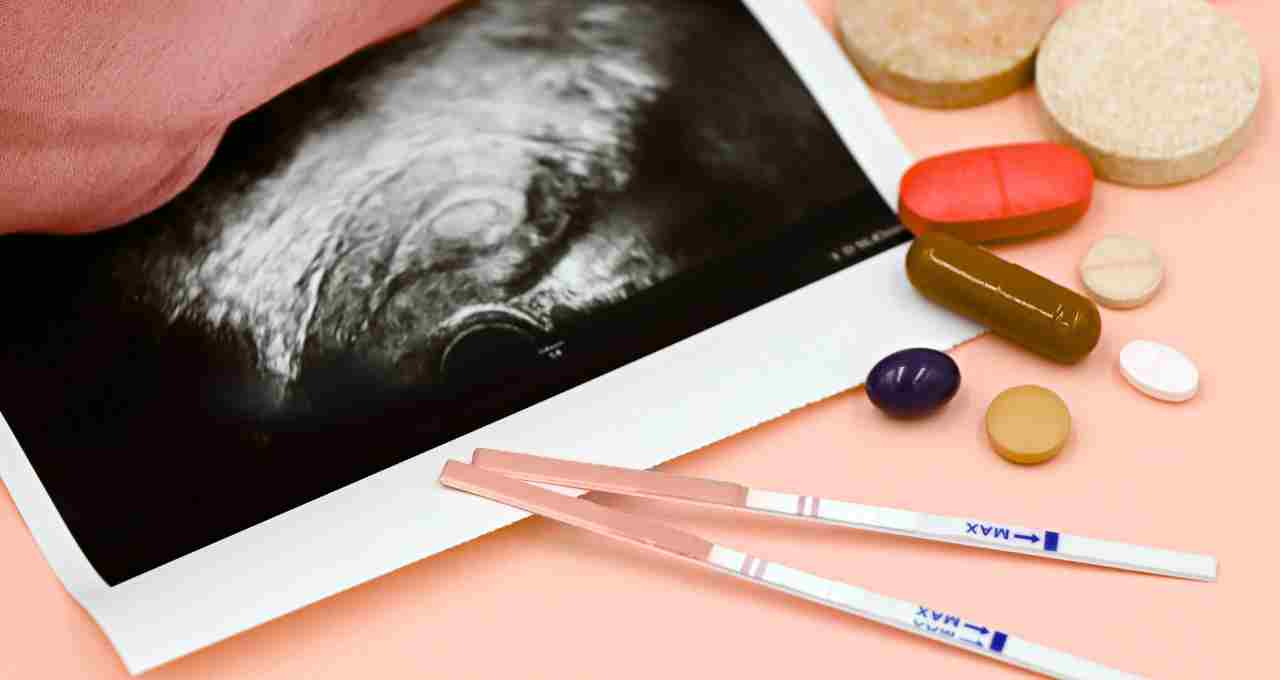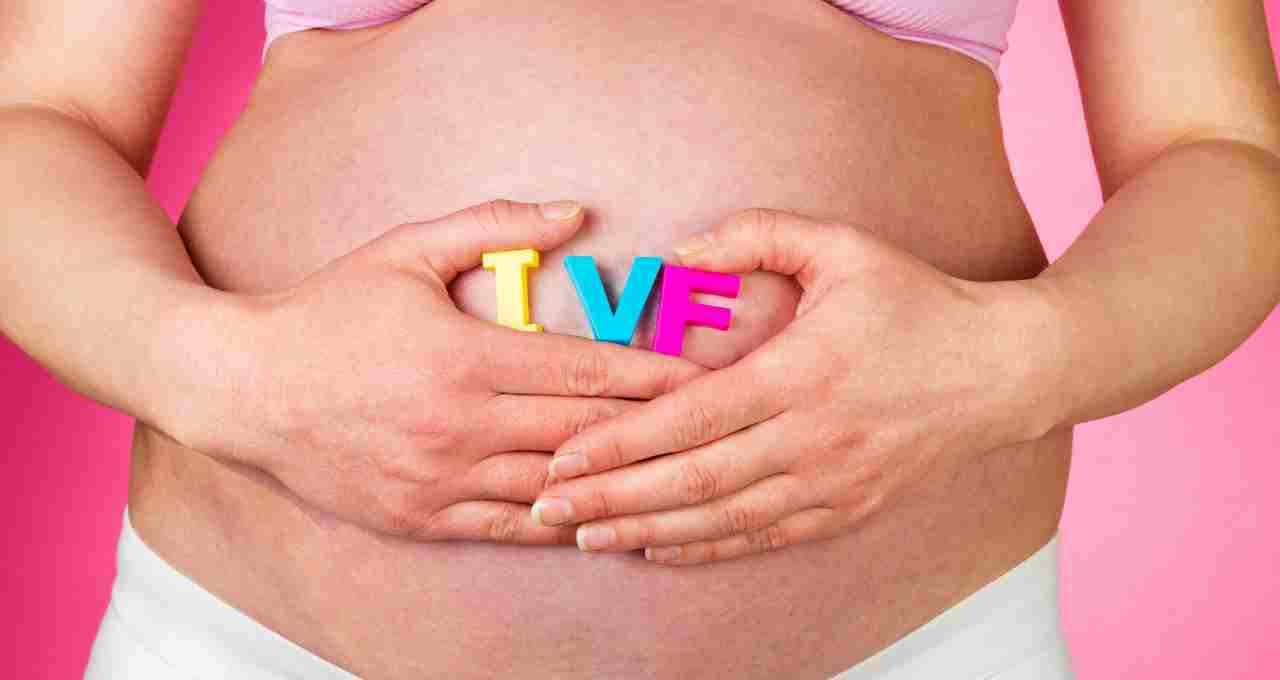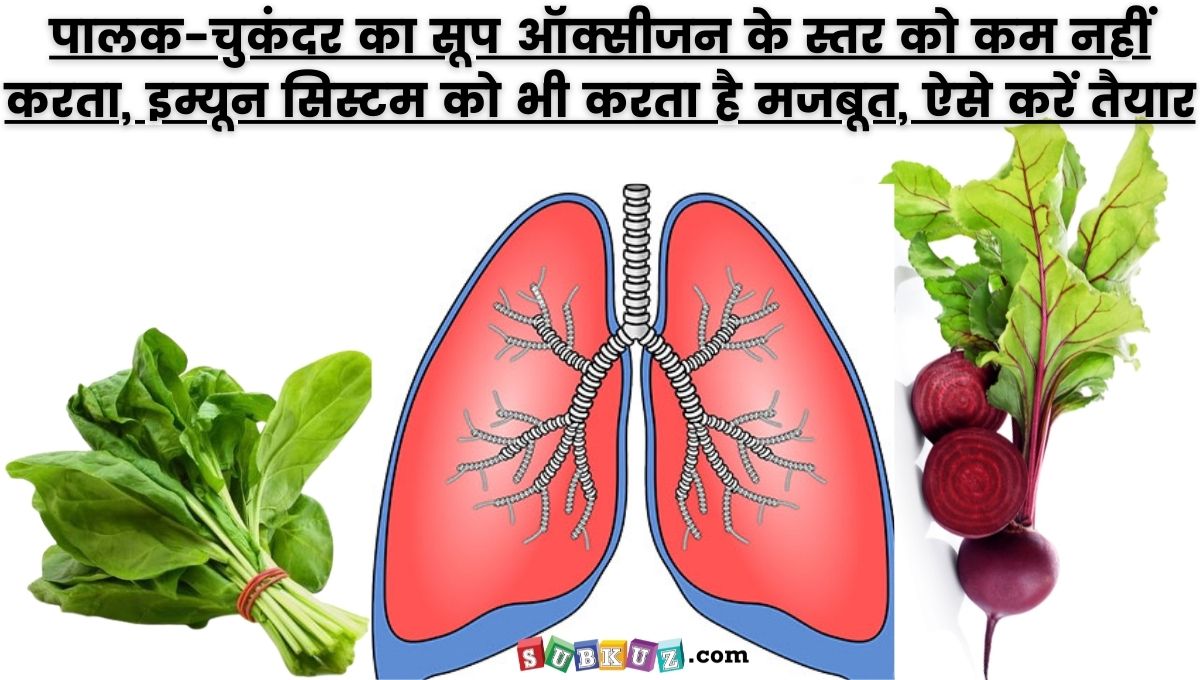According to gynecologist Dr. Mahima, a woman's fertility gradually declines after the age of 30, making it difficult to plan a pregnancy. Problems like PCOS, endometriosis further complicate matters. She also stated that IVF technology has no guarantee and its effect varies for each woman.
Pregnancy Problems: In an Instagram video, gynecologist Dr. Mahima explained that a woman's fertility begins to decline from birth, and after the age of 30, the number and quality of eggs decrease, making it difficult to conceive. She warned that problems such as PCOS, hormonal imbalance, or endometriosis can create additional obstacles in pregnancy, so it is important to see a doctor in time. She also clarified that there is no definite guarantee of success in IVF technology and the outcome may vary for each woman.
The Fertility Journey Begins at Birth

Dr. Mahima explained in a video that a woman's fertility journey begins at birth. When a baby girl is in her mother's womb, the number of eggs in her ovaries is in the millions. At birth, this number remains approximately 10 to 20 lakhs. By the time of puberty, i.e., the start of menstruation, it decreases to about 50 to 60 thousand. With age, this number decreases even more rapidly. This is why the effect on fertility becomes clearly visible after crossing the age of 30.
Why Difficulties Arise
According to Mahima, as age increases, both the quality and quantity of eggs are affected. This is why pregnancy attempts often become challenging after 30. In addition, hormonal imbalances, health conditions, and lifestyle factors also play a major role in this.
The Effect of PCOD and Endometriosis
Dr. Mahima explained that if a woman has problems like PCOS or PCOD, the difficulties increase further. Abnormal flow during periods, excessive pain, or conditions like endometriosis further affect fertility. Delays and complications are observed in pregnancy in such cases.
Questions Raised on IVF Technology

In another video, Dr. Mahima also discussed IVF technology. She was asked in a program whether the full cost has to be paid again if IVF fails for the first time. On this, she clearly said that every woman's body and hormonal response is different. Some women produce more eggs, which is called hyperstimulation. Whereas some women produce the expected number of eggs. For this reason, every case is different and the treatment method also has to be changed.
IVF Does Not Guarantee
Mahima clearly stated that it is wrong to give any kind of guarantee regarding IVF technology. Many clinics claim that pregnancy will be certain in three or four cycles, but this is not possible. Doing so is only misleading patients. She said that the outcome of the treatment depends on each woman's body and the dose of medicines and injections may also be different in each cycle.
Experts believe that after the age of 30, not only does the number of eggs decrease, but the risk of genetic abnormalities in them also increases. This is why it can be difficult to conceive at this age and there is often a risk of miscarriage.















